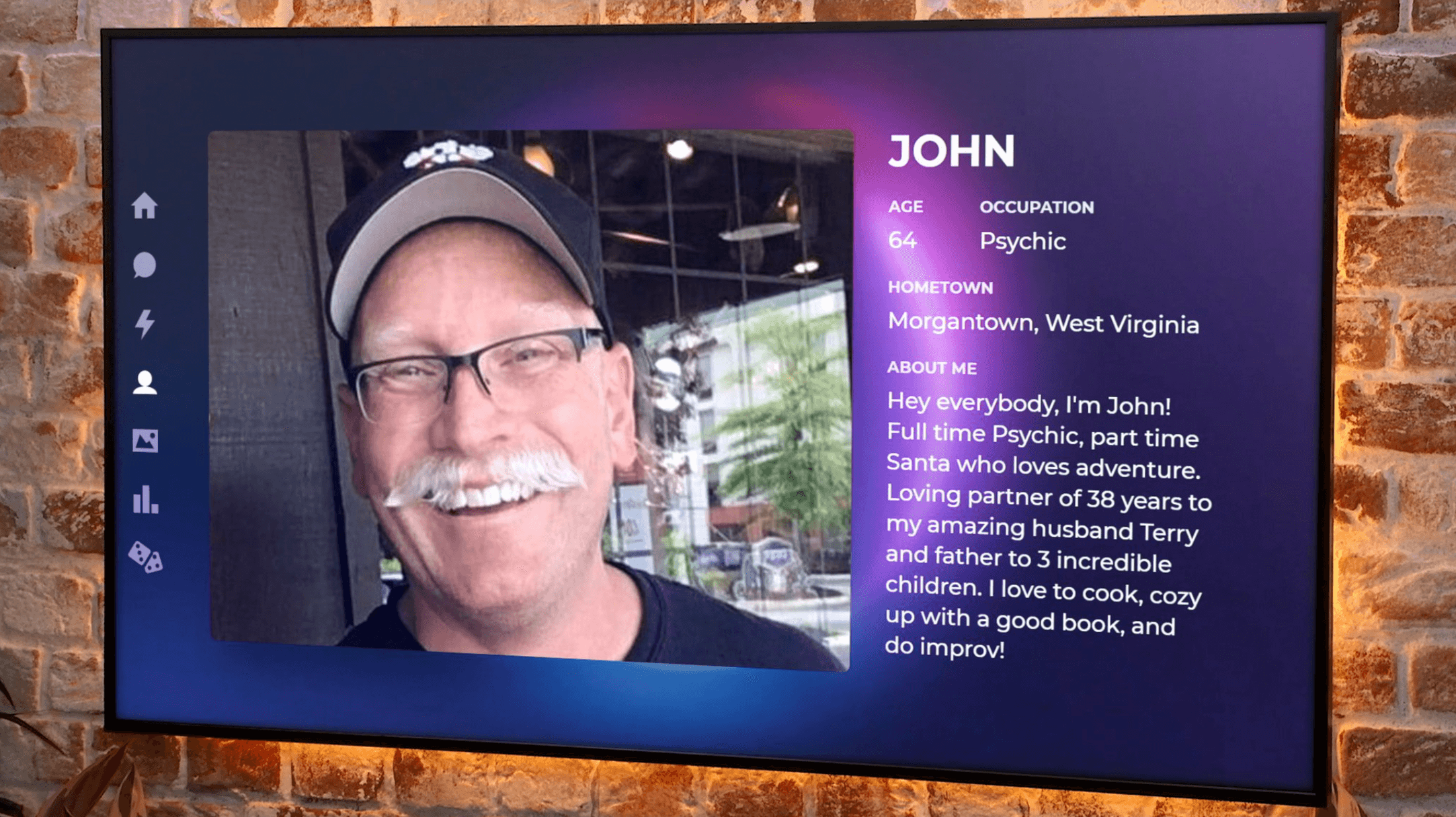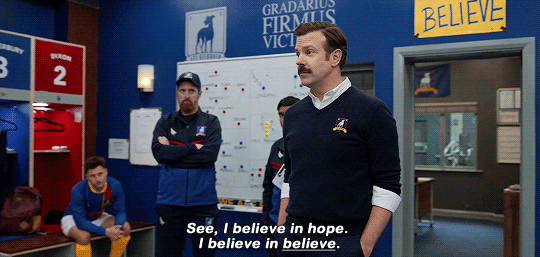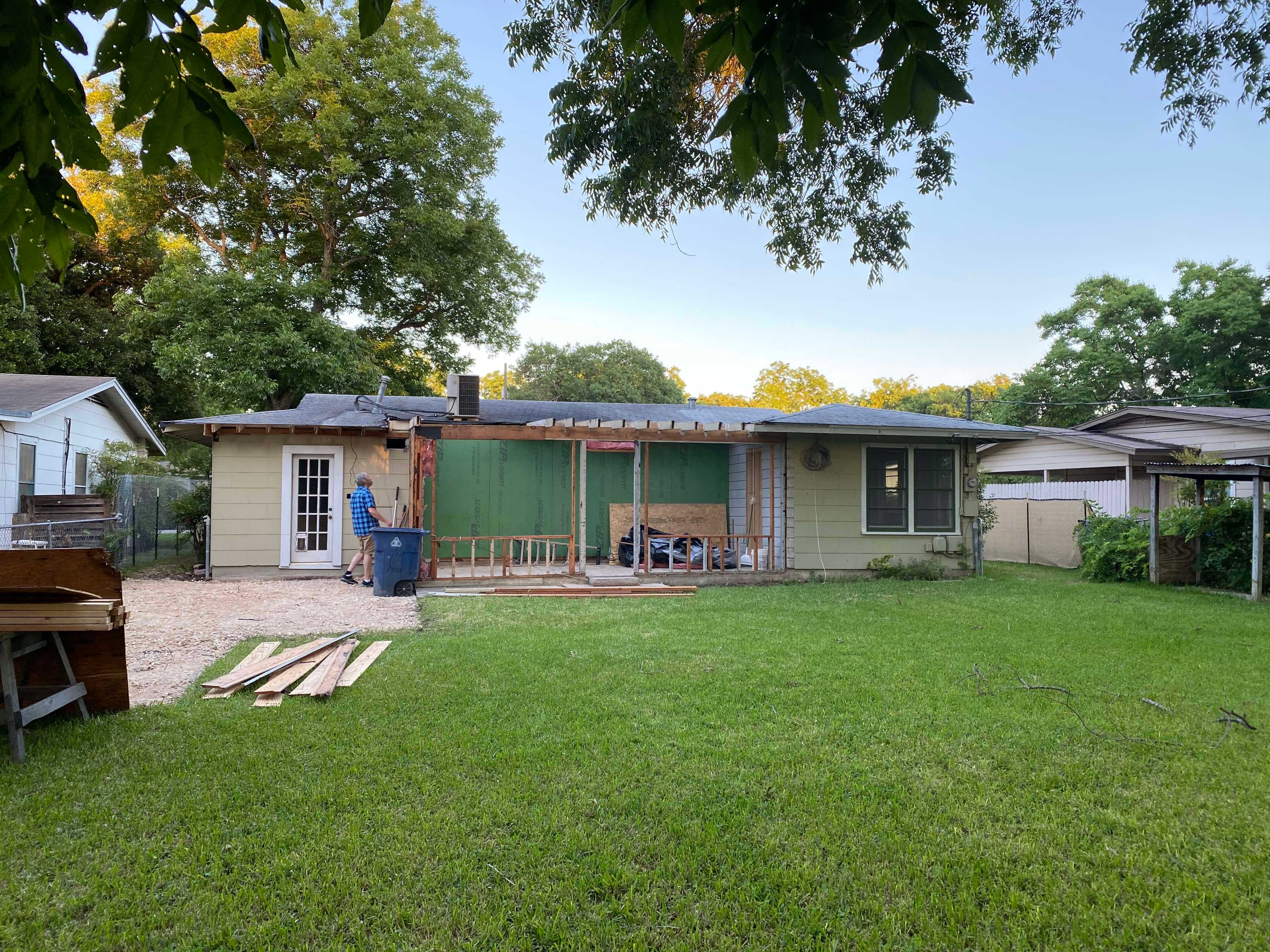We’re moving into a new house this week. This move has been a while in the making, and I've had a lot of time to reflect on what renovating a house has taught me about work.
We bought an older house in Austin 675 days ago. We met with architects, designed an addition, applied for permits, got ready to start a renovation, and then the pandemic hit. Construction took 14 months after that. Partly because the pandemic slowed everything down - construction was stopped entirely for a while, supply chains were disrupted, subcontractors were harder to book, everyone else in the city was also doing a home project.
But it also took a long time because we kept increasing the scope of the project. The renovation we initially envisioned changed and grew as we went.
It’s been a huge project, but it’s been incredibly informative. Not just for construction projects (though I will do things differently next time we remodel a house), but for business in general. It's informed a lot about how I think about the early months at Gradient Works, as we're building a company, a product, and a revenue organization.
How? Here are 9 business lessons I learned during our home renovation, that apply to everything from sales and marketing campaigns, developing a product, even building an entirely new company.
1. Have a plan.
You absolutely need to start any project with a plan. You need to know what you’re trying to accomplish, what your ideal outcomes are, and what you need to do to get there. You wouldn’t start a home remodel without architectural drawings and an idea of what you’re going to build. And you shouldn’t start a company without a concrete idea of what you're trying to build, undertake a website redesign without goals for your new site, or start developing a new product without knowing what you're creating and why.
2. Know when to stick to your plan and when to stray from it.
If you have a plan, then you have a route mapped out for what you want to do and how you’re going to do it. But plans change. Paths diverge. No matter how much work you put into your plan upfront, things will evolve as you go. Think carefully about when you should stick to the plan, or when it would make more sense to try something else. You’re unlikely to abandon the entire remodel, but you might decide to add a powder room to the layout or end up not replacing the windows. You may need to hire a role earlier than you expected, delay your product launch, or make changes to your website as you build it.
3. Give yourself space for change.
Since plans evolve, you have to give yourself permission to change - both mentally and temporally. You can’t predict the future (you're not John the psychic!), but you know it won’t look exactly like you predicted. So if you have room to change as you need to, you won’t be locked into the exact plans you started with. Be sure you have time built into your project plan for unexpected changes, and accept that it's okay - even good - to evolve as you go.

4. Add padding to your budget.
Because you can’t predict the future, you don’t know exactly what might change and what those changes might cost. When you can, build a contingency into your budget. It’s easier to adapt to changes if you can afford them. And there will be unexpected changes - you'll discover asbestos, a competitor will launch a new product, a pandemic may shut down your project. There’s too much you don’t know that you don’t know. Because you can’t predict the future.
5. Do what it takes to get something right.
Don't settle on the most important parts of your project. If you really need to have a second bathroom, build that bathroom. Do not compromise when your contractor says “It’s going to add 2 weeks to the timeline.” The same goes at work. If you aren’t happy with your current branding or sales motion or user experience, keep working on it until you’re satisfied. Figure out what really matters, and make sure those elements are right. Don’t sacrifice on the things that are truly important.
6. But know you’ll never achieve perfection.
90% good enough just might be good enough. At some point you need to end the project. You need to move in to your house, ship your product, or unveil your campaign. Just do it. Get it good enough, and then put it out there. This is where it helps to know what really matters, and what can be just good enough.
7. Always be improving.
If you shipped when something was 90% good enough, then you’ve got plenty left to work on. Take what you’ve learned so far (and what you continue to learn) to make things better. You might not notice your shower head is too low until you start using it every day. You might not realize a particular message isn’t resonating until it hits a real audience. That's totally normal, and just means you need to adopt a continuous improvement mindset. There's always something you can fix. So get to fixing, because the job's not finished.

8. Everything gets better with time and effort.
The more you do something, the better you get at it. As you grow in your career, you better understand what you know and what you don't, and when you need to bring in an expert. Constant small improvements will make your house and your product better over time. Don't worry too much if everything isn't exactly right right now. If you put in the work, it will get closer to right every day. (This could be a good place for an Allen Iverson GIF, but I'll limit myself to one NBA reference per post.)
9. Your opinions matter, but others' don’t.
The other day on LinkedIn, I saw someone write, “Don’t believe your own BS, or that of others.” I disagree with the first part of that statement, but strongly agree with the second. Never believe someone else’s BS. It doesn't matter if you’re building a house or a company - the only opinions that matter are yours, and those of your team, family, and customers. Not your neighbor, your uncle, your competitor, or the investor who passed on your last fundraising round. Don’t believe their BS. Someone will always have opinions on what you’re doing, but you don’t need to listen. After all, haters gonna hate, and the only BS that matters is your own.

Tl;dr - Every big work project is like a renovation - it's going to take longer than you originally expected, some things won't go as planned, but the end result will be worth the effort.




